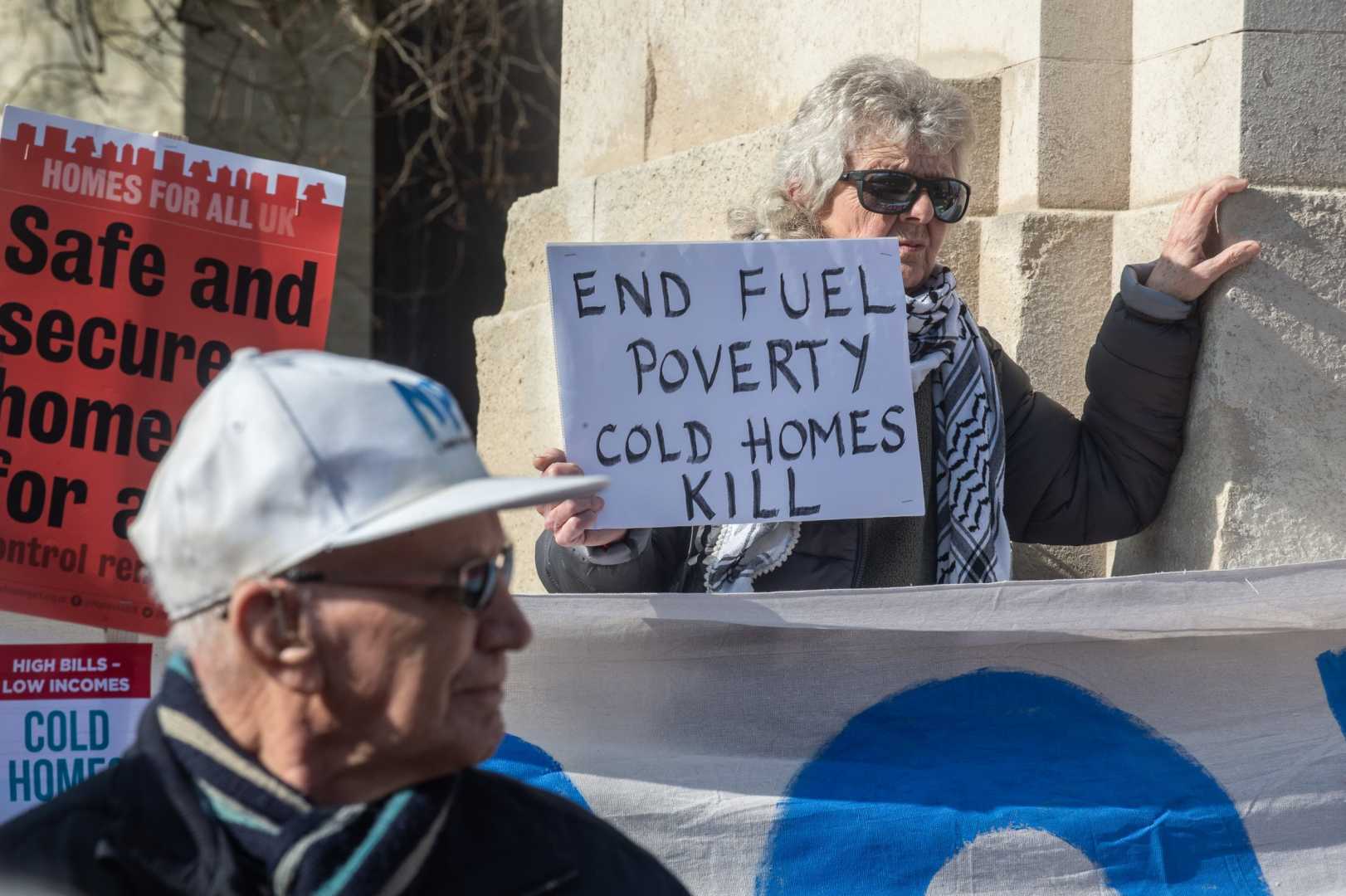News
UK Pensioners Criticise Withdrawal of Winter Fuel Payments Amid Rising Energy Costs

The UK Government’s decision to modify the Winter Fuel Payment criteria has sparked criticism among pensioners, as energy costs are predicted to increase this winter. The alteration, announced by Rachel Reeves in July, restricts the annual tax-free payment to those pensioners who receive pension credit or other means-tested benefits like universal credit.
Previously, the Winter Fuel Payment, ranging from £100 to £300, was available to anyone of state pension age residing in Britain, regardless of their savings or private pension status. Last year, according to the Department of Work and Pensions (DWP), 11.6 million pensioners received the payment, marking an increase of 214,000 from the prior year.
Age UK, an advocacy group for older adults, estimates that approximately 2.5 million pensioners who rely on this financial aid to afford heating will no longer be eligible, potentially placing them in “serious trouble.” Today marks the first day pensioners living abroad can apply for the payment by post, but only those receiving pension credit or its equivalent will qualify.
This revision has led to public outrage, with many pensioners expressing their frustration on social media. One user, June Campbell, lashed out at politicians by saying, “Starmer OUT and any MPs who voted for the winter fuel payment getting taken away.” Another user, Steve Edwards, accused MPs of “voting to freeze the elderly.”
The decision by Reeves to slash the payment is part of an effort to save approximately £1.4 billion ahead of the upcoming fiscal announcement, expected next month. However, the move faces opposition from charities and pensioner groups urging a reversal, as energy prices continue to climb.
From tomorrow, energy bills are estimated to average £1,717 annually, a figure down from January 2023’s peak of £4,279, but still significantly higher than pre-2022 levels of £1,100 to £1,300. Recent statistics from Ofgem show household energy debt has reached £3.7 billion.
Simon Francis, a spokesperson for the End Fuel Poverty Coalition, highlighted the prolonged impact of high energy prices: “We’re now heading into the fourth winter of sky-high energy prices, meaning the average household will have paid more than £2,500 extra for their energy.” He noted that those who will lose the winter fuel payment under new guidelines face even harsher conditions.
Concerns have also been raised about potential health impacts. Jan Shortt, General Secretary of the National Pensioners Convention, warned of risks tied to the loss of the winter fuel allowance. “Living in cold, damp homes heightens the risk of strokes, heart disease, respiratory conditions and generally harms the rest of the body,” she stated, emphasizing the importance of warmth for maintaining health among older people.












